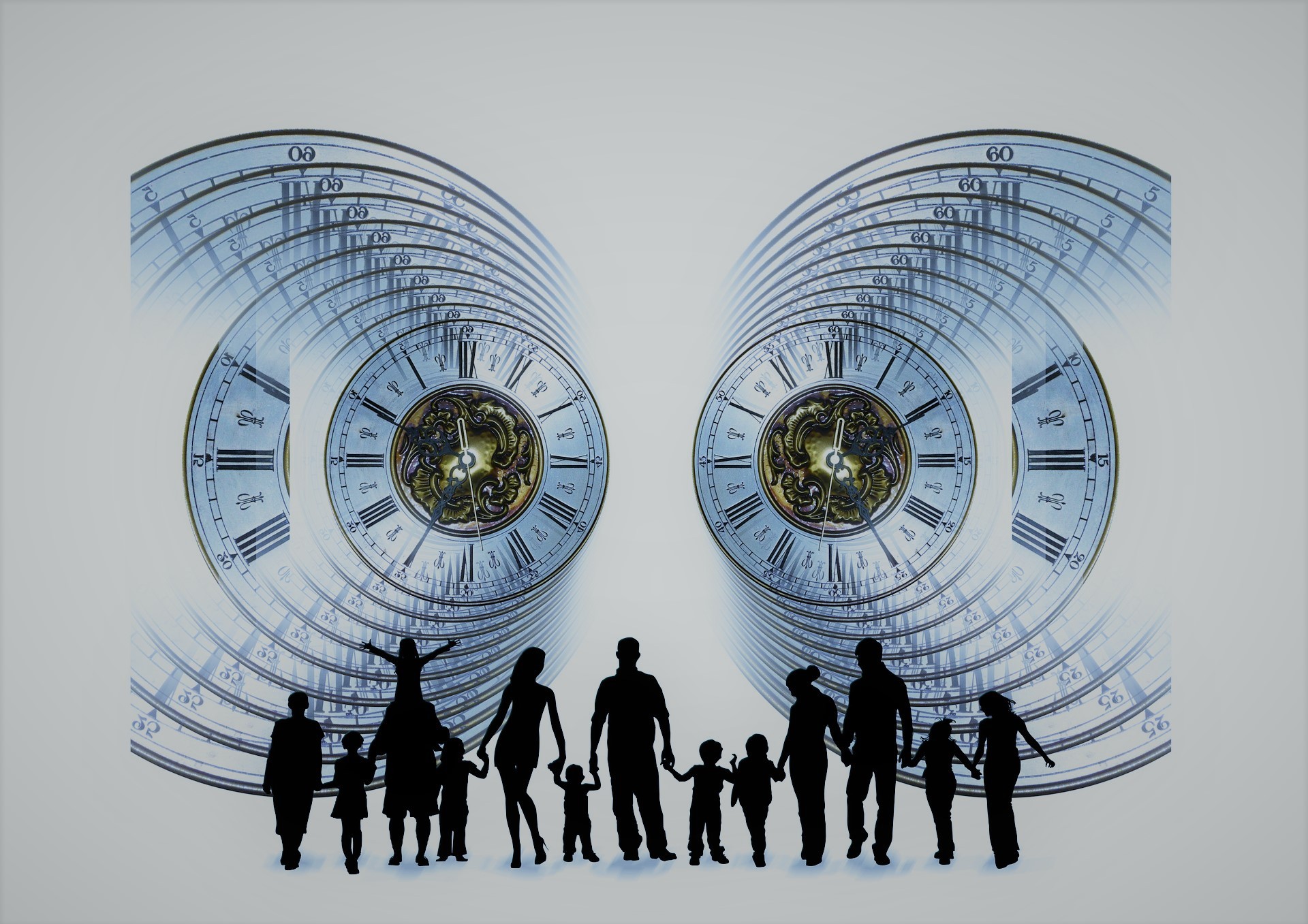Zeitgeist is a lovely word to get your teeth into, literally and figuratively. And both syllables require a firm grit. Derived from the German language, the word is surrounded by controversy and misuse.
For a time it seemed that the word zeitgeist would be dropped into every high profile conversation, said with a clenched fist, held in front of the chest area, and hey presto, people would pronounce zeitgeist.
Until now, I was happy to go about thinking it sounded great and thought I was able to contextualise to what was said at the time, never really understanding what it meant.
Until today. This is the day zeitgeist will be uncovered as to its true meaning and purpose.
In German, zeit is time and geist is spirit, or ghost, loosely translated “the spirit of the time”
Coined by Matthew Arnold in the 19th century, according to www.dailywritingtips.com, “to put a name on the spirit of social change and uncertainty that characterised the Victorian Age.
Sharing my sentiment, the website says, “zeitgeist has crept into the popular vocabulary where it is flung about without much thought as to what it means,”
Dailywritingtips adds that “Some writers use it as a mere synonym for ‘trend,’ or ‘fad’. Some plant it in the (usually) redundant phrase “zeitgeist of the moment.” Others, perhaps wishing to create a phrase on the model of Oprah’s “aha moment,” talk about a “zeitgeist moment.”
Scholars have long maintained that each era has a unique spirit, a nature or climate that sets it apart from all other epochs. In German, such a spirit is known as “zeitgeist”.
I hope that I have helped you to understand the meaning of zeitgeist. If not, you may like this definition from dictionary.com
“The general moral, intellectual, and cultural climate of an era; For example, the Zeitgeist of England in theVictorian period included a belief in industrial progress, and the Zeitgeist of the 1980s in the United States was a belief in the power of money and the many ways in which to spend it.”
Please take note not to use zeitgeist with time, or period, or words denoting time that are not specific. The word already contains ‘time’ in its composition. Repeating it in the phrase would just make ‘time’ redundant and we would not want that.
I think that the zeitgeist of today is revolutionary, political disruption and a compelling desire for a new order, no matter where you are in the world.


